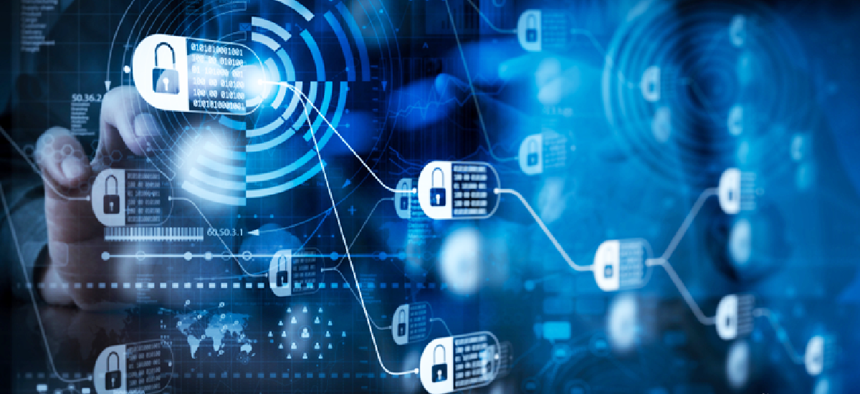How government should change after COVID-19


Connecting state and local government leaders
The more day-to-day government transactions can be executed instantly, securely and without long-lines, signatures, copy machines, mail and face-to-face interactions, the more resilient our economy will be.
Everyone has a predictions about life in a post-quarantine world. The COVID-19 pandemic has taught Americans a lot, and there are more lessons to come. Two things we have learned: Much work can be done online, but there are still many processes that remain stubbornly anchored in the physical world, dependent on personal interactions.
Many routine tasks we used to carry out in person were ripe for migration into the digital realm and may become permanent, including online grocery shopping and virtual doctor visits. However, there are many tasks that can still be completed only in person and that often rely on paper, pen and another individual, such as getting a driver’s license, applying for a passport, buying a home or executing a will.
Of course, it is precisely these crucial administrative processes that have been most disrupted by the pandemic as offices have been closed, employees sent home and no secure digital alternative exists.
To elaborate on one example, in nearly all of the United States a person cannot complete a driving license application, ID application or car retitling online today. If a driver needs to register a newly purchased car with the local Department of Motor Vehicles, there is no alternative to travelling to the office, waiting in line, presenting ID and signing on the dotted line. During the pandemic, It is clear that such a visit unnecessarily risks public health and safety. And since the DMV also issues identification cards, people who cannot get to the DMV for an official ID may be unable to access other government services. Unfortunately, the poorest in our communities are the most hurt.
Even after public health and safety concerns fade, Americans will have become accustomed to shopping, communicating and conducting business online. In the wake of COVID-19, society will have become even more expectant of paperless, online, secure and always-open services. We will expect all services -- private and public -- to be responsive.
Of all the post-pandemic predictions offered these days, those with the greatest likelihood of materializing fall into two categories: those trends that were already underway before the pandemic and have accelerated during the outbreak, and those that are propelled by strong financial incentives.
For example, it is reasonable to imagine that working remotely will continue to be a feature of professional life long after COVID-19, because it promises real estate savings for employers and saves commuting costs for employees.
The digitization of administrative processes and transactions, such as those carried out at the DMV, is another candidate for permanent change. Digitization has swept through innumerable industries and is accelerating. With clear financial incentives in place for taxpayers, consumers, government and private enterprise, we should welcome this evolution.
Numerous state governments, agencies and businesses are embracing the digitization of critical records and paper processes that are currently responsible for much cost, time and inconvenience. One day, car titles will no longer be filed away in a safety deposit box, or worse, exist as a crumpled piece of paper in the glove compartment. Instead, they will exist as a secure online record -- always available and always current, without a trip to the DMV.
Digitization of vital records can help securely and safely reopen the American economy. The more day-to-day business can be executed instantly, securely and without long-lines, signatures, copy machines, mail and face-to-face interactions, the more resilient our economy will be.
The good news is that investment in new ways of recording, storing and sharing data is accelerating due to the stress on legacy systems and the growing awareness of the opportunity. We should demand from government the service level we expect from the private sector. As a technology and business community, we must continue to develop and implement secure, scalable and efficient information systems that can win the trust of government and private enterprise.
The prize is clear and within reach: a world where taxing but vital offline processes are migrated into the digital world, unlocking vast efficiencies and benefits both predictable and unforeseeable.
NEXT STORY: Facial recognition retools for masked faces




